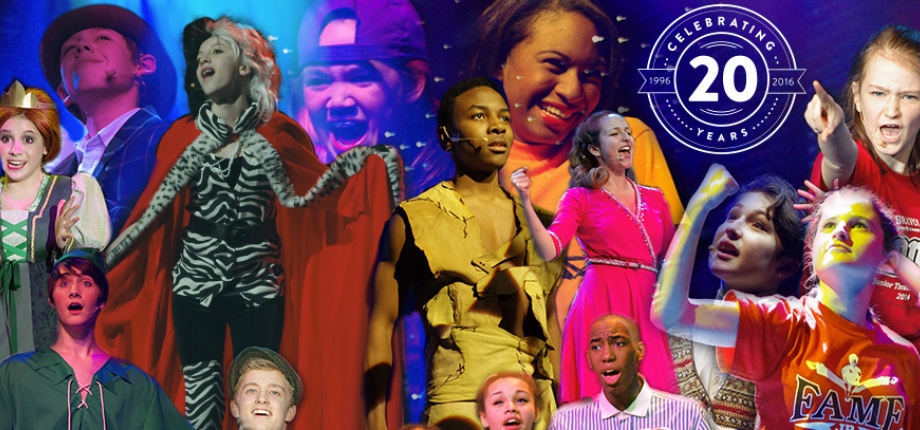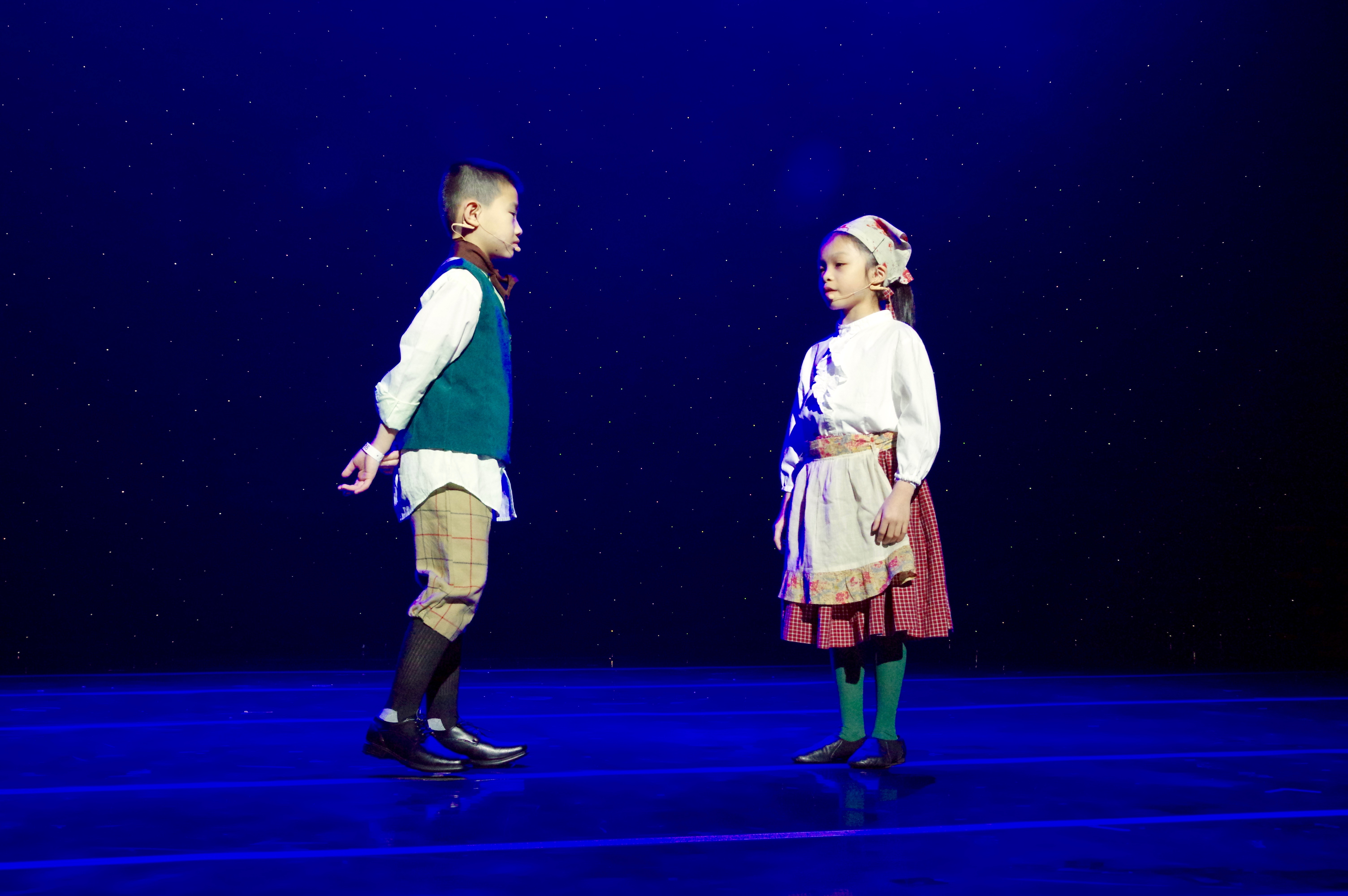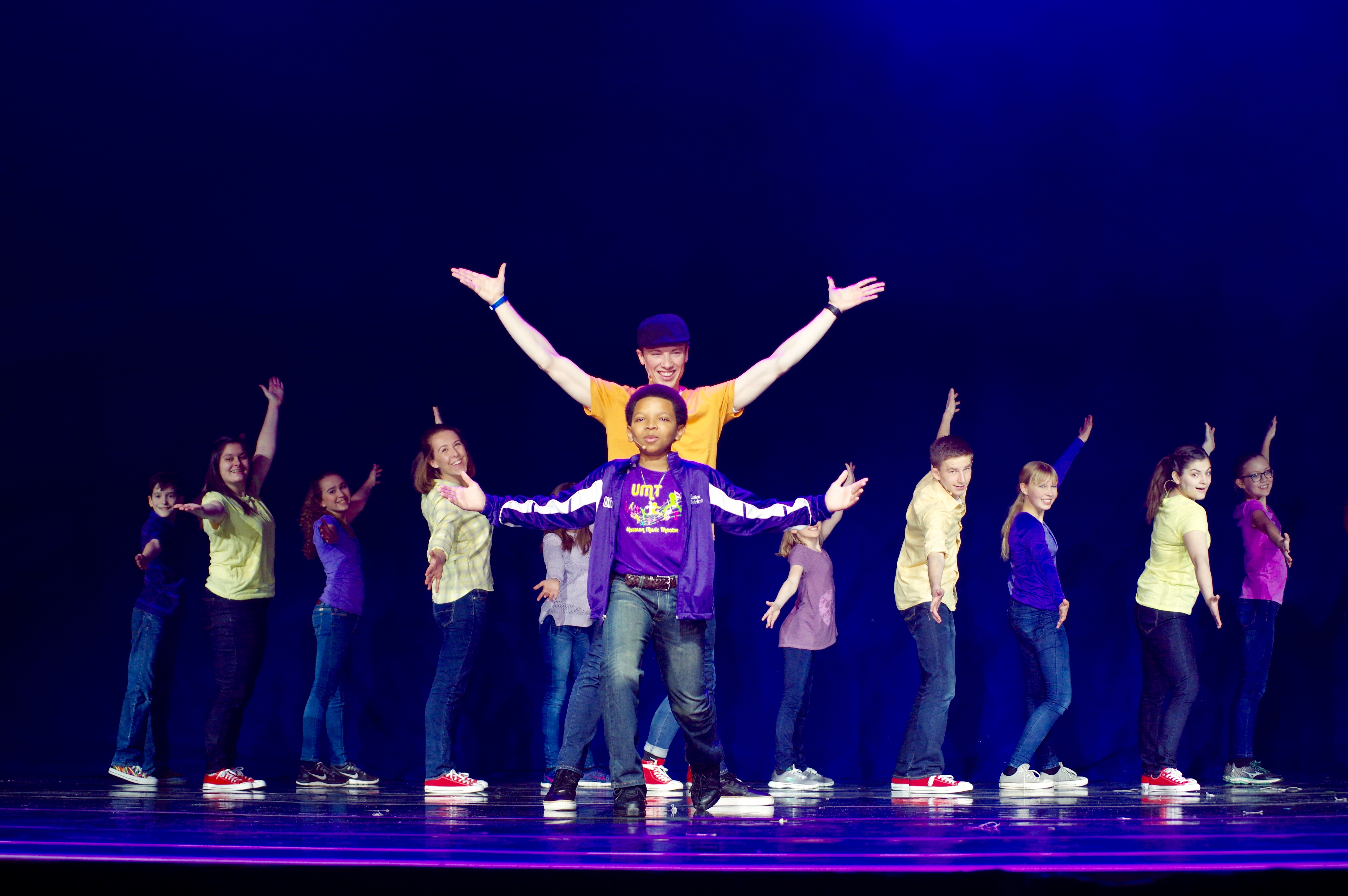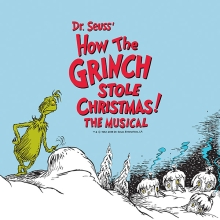Filichia Features: Broadway JR. History – and More!

Filichia Features: Broadway JR. History – and More!
Joseph Stein, who wrote the book to Fiddler on the Roof, never tired of telling one certain story.
When he went to Japan in 1967 to see the musical’s first Asian production, he was surprised when its producer asked him “Do they understand this show in America?”
Stein and the rest of Broadway already knew the answer to that question: Fiddler on the Roof at that point had already won the 1964-65 Best Musical Tony (as well as eight other awards). It was still selling out, even after having moved to a bigger theater. Eventually Fiddler would become Broadway’s longest-running musical and would win yet another Tony in 1991 for Best Musical Revival.
(It may yet win another Best Musical Revival Tony this June -- but more on that next week.)
Stein could have easily said, “Ummm, yeah, they certainly DO understand this show in America,” but he instead answered the question with a question: “Why do you ask?”
“Because,” said the producer, “It’s SO Japanese.”
This story came to mind on Sunday, Jan. 17 at the Junior Theater Festival in Atlanta when we saw a video about the long process of trial-and-error-AND-success of The Broadway, JR. series lo those 20 years ago.
Freddie Gershon, the Chairman and CEO of Music Theatre International and Tim McDonald, founder and CEO of iTheatrics, reminisced for the camera about the time Fiddler on the Roof JR. was shown to Stein, composer Jerry Bock and lyricist Sheldon Harnick. They weren’t 100% happy with the results, because they felt much of the humor had been excised from the adaptation.
One segment that had been dropped was “Do You Love Me?” Tevye has now seen two of his daughters choose their own husbands without asking his opinion or waiting for a matchmaker’s match. “Love” is now suddenly the determining factor in any union between man and wife.

Students from P.S. 124 perform a song from Fiddler on the Roof JR. (Photo by Marcus Woollen).
So Tevye wonders if indeed his wife Golde loves him, given that they only met on their wedding day. “But,” sings Tevye, “my father and my mother said we'd learn to love each other and now I'm asking, Golde. Do you love me?”
Poverty and overwork have taken their toll on Golde’s emotions, so the best she can say is “I suppose I do.” Tevye decides to match her level of enthusiasm: “And I suppose I love you, too.” However, the millions upon millions who have witnessed Fiddler on the Roof know they’re understating the case.
Fine – so “Do You Love Me?” went into the Broadway, JR. edition of Fiddler. And to prove it, a lad and a lass from P.S. 124 in New York City did the song in a most charming way. Nobody minded the incongruity of these pre-teens detailing Tevye and Golde’s experiences for the last quarter-century; we all cooed when they sang “After 25 years, it’s nice to know” that they do love each other.
The two performers were Asian-Americans, which underlined the claim made by the Japanese producer in 1967. After 51 years, it’s nice to know that Fiddler on the Roof is still one of the world’s most universal musicals.
There was a panoply of videos that had been taken in New York, some backstage, some in offices, in which Broadway luminaries sent their good wishes for a successful festival and congratulated Broadway JR. as it entered its third decade. Also impressive were the reactions of the kids in the audience; while you’d expect them to make noise for such beloved performers as Laura Osnes, they emitted just as many decibels for such behind-the-sceners as Stephen Schwartz.
And why not? More than 30 years before Wicked, Schwartz wrote the score to Godspell, which has become a 70-minute Godspell JR. To commemorate it, we were treated to an amalgam of students doing “All for the Best” by putting their best feet and voices forward.

Godspell JR. at the Junior Theater Festival (Photo by Marcus Woollen).
Gershon wasn’t above admitting that he made “A Fumble with the Rumble” – meaning that attempts to do a West Side Story JR. didn’t pan out. No sooner had he said it, however, than a stage full of kids – some playing Sharks, some playing Jets – showed more force than you’d see in an NHL game between San Jose and Winnipeg.
Their selection was the “Quintet,” which has two sets of lyrics for Anita, the girlfriend of Sharks’ leader Bernardo. For the original 1957 stage version, lyricist Stephen Sondheim had Anita sing of her beau “He’ll walk in hot and tired; so what. Don’t matter if he’s tired as long as he’s hot.” For the future Oscar-winning film, however, Sondheim replaced “so what” with “poor dear” and “hot” with the demure “here."
West Side Story might have been a JR. miss, but most have soared. Thomas Schumacher, the president of Disney Theatrical Group, mentioned that the three longest-running shows in Broadway history are currently the still-running The Phantom of the Opera, Chicago and his own The Lion King. “But,” he amended, “as many performances as those shows have given” -- 27,186, if you’re keeping score with us – “Aladdin JR. has actually done more performances around the world.”
And so we were treated to “Friend Like Me.” As the Genie, the role that won a Tony as Best Featured Actor for James Monroe Iglehart, we saw a girl. That’s not such a bad idea, given that genie is, after all, a homonym for Jeanie.
If the figure about Aladdin JR.’s accomplishment wasn’t enough, we learned that no fewer than 15 million kids, parents, relatives and friends see a Broadway, JR. show every year.
We saw snippets of many. “We’re All in This Together” from High School Musical long ago joined such show songs as “Put on a Happy Face,” “(You Gotta Have) Heart,” “Good Times Are Here to Stay,” “Tomorrow” and “Happy Talk” as a representative of musical theater’s sunny outlook. Approximately 101 kids performed “Kanine Krunchies” from 101 Dalmatians, “The Bare Necessities” from The Jungle Book and “I’ve Got No Strings” from My Son Pinocchio. In fact, you get more songs here between awards than you get at the Tonys.
Oh, yes, there are awards, with some schools and individuals getting trophies that aren’t all that much smaller than Stanley Cups. There are also plaques to celebrate The Spirit Award – “which,” said Gershon, “is not just about performance, but about the planning, rehearsing, all of the skills the student take away with them and use for the rest of their lives.” This year, it went to Gainesville, GA’s Play on Players’ teachers Haden Rider and Carly Ann Berg, who 10 years ago were JTF students.
There are cash awards, too, given through the largesse of everyone from famous organizations (Playbill’s grant to the Community Theatre of Greensboro) to individuals (The Sheridan Giles Technical Theater Scholarship Awards went to students Daniel Miller of Suwanee, GA and Kennedy Pace from Gulfport, MS).
And there are the extraordinary teachers who this summer will be awarded with “The Freddie G Experience.” Come July, they’ll be flown to New York and for a week will be housed in posh hotel rooms, study at workshops taught by Broadway professionals and attend a few hit shows.
“These are the best of the best,” says Gershon. “Teachers have the ability to inspire and improve the lives of their students. They’re nurturing and caring, so they deserve respect and rewards for what they accomplish every day with the expertise, diligence and tenacity that they bring into a classroom.”
The best part? Hearing the kids cheer their own teachers with roars akin to the ones that would have greeted Idina Menzel and Lin-Manuel Miranda if they’d just walked into the room. And the students should, for these men and women have certainly done a great deal more for them. Even Ms. Menzel and Mr. Miranda would be the first to admit that.
You may e-mail Peter at pfilichia@aol.com. Check out his weekly column each Monday at www.broadwayselect.com, Tuesday at www.masterworksbroadway.com and Friday at www.kritzerland.com. His book The Great Parade: Broadway’s Astonishing, Never-To-Be Forgotten 1963-1964 Season is now available at www.amazon.com.

























